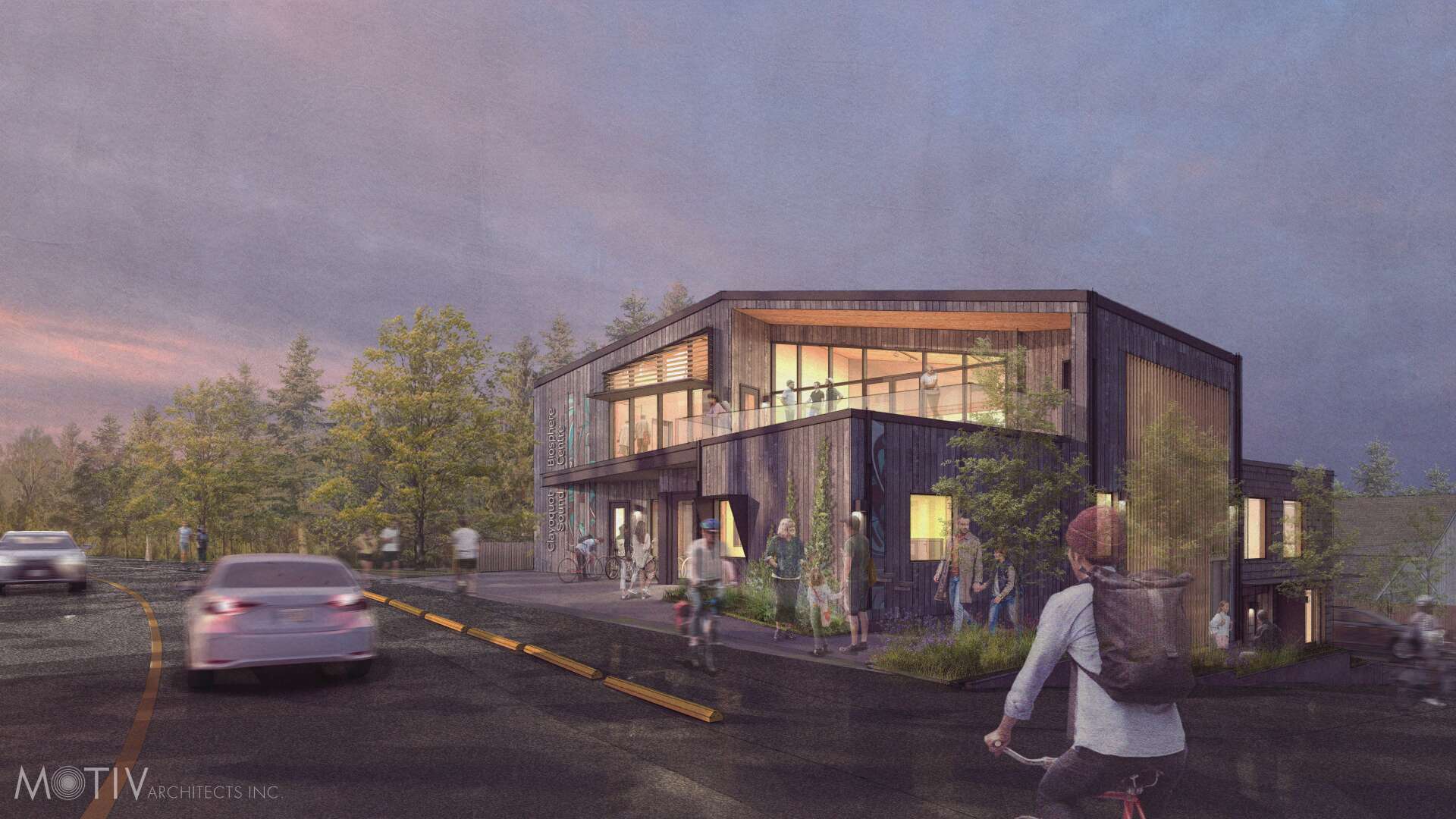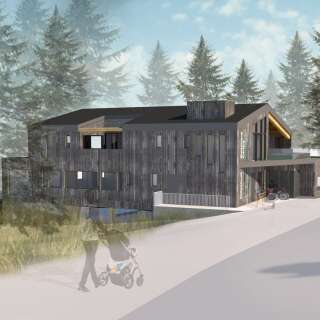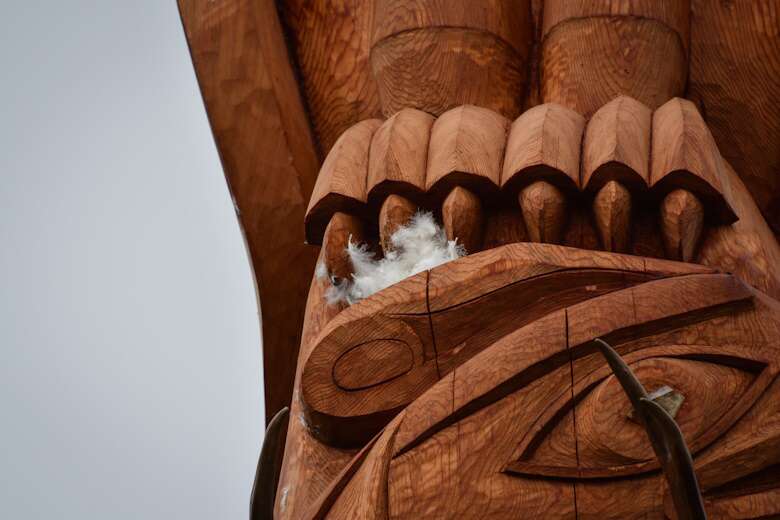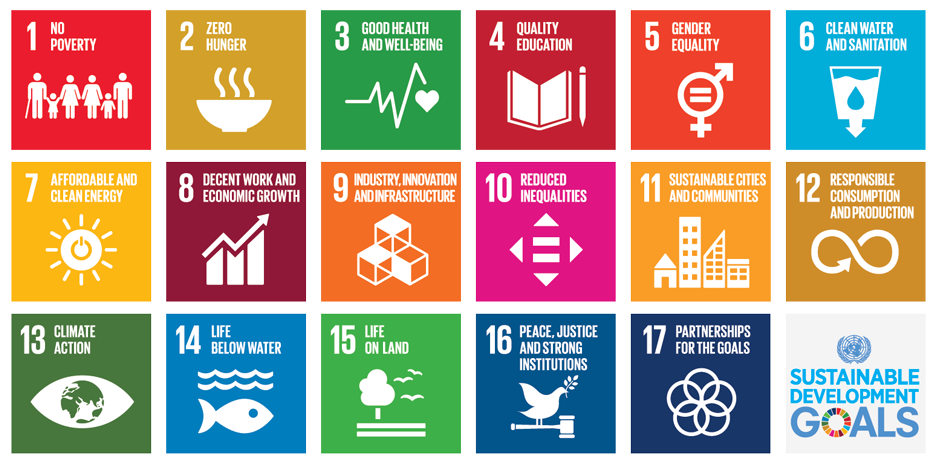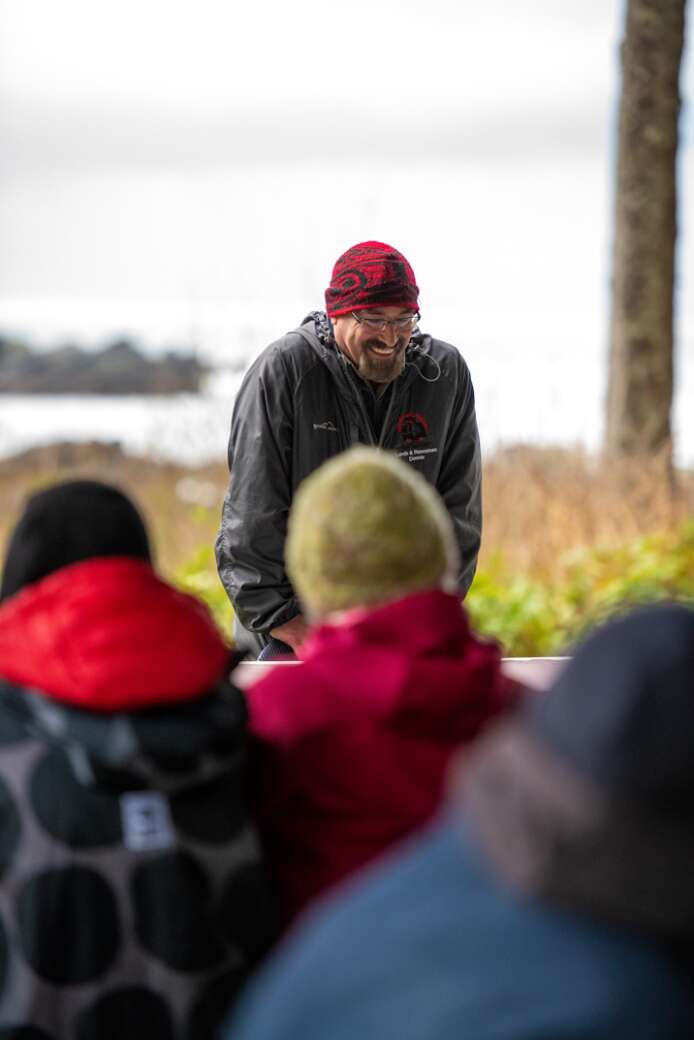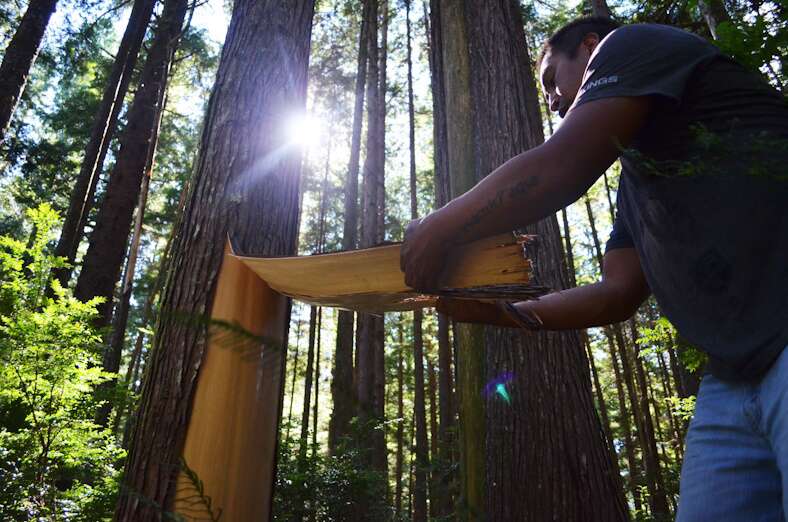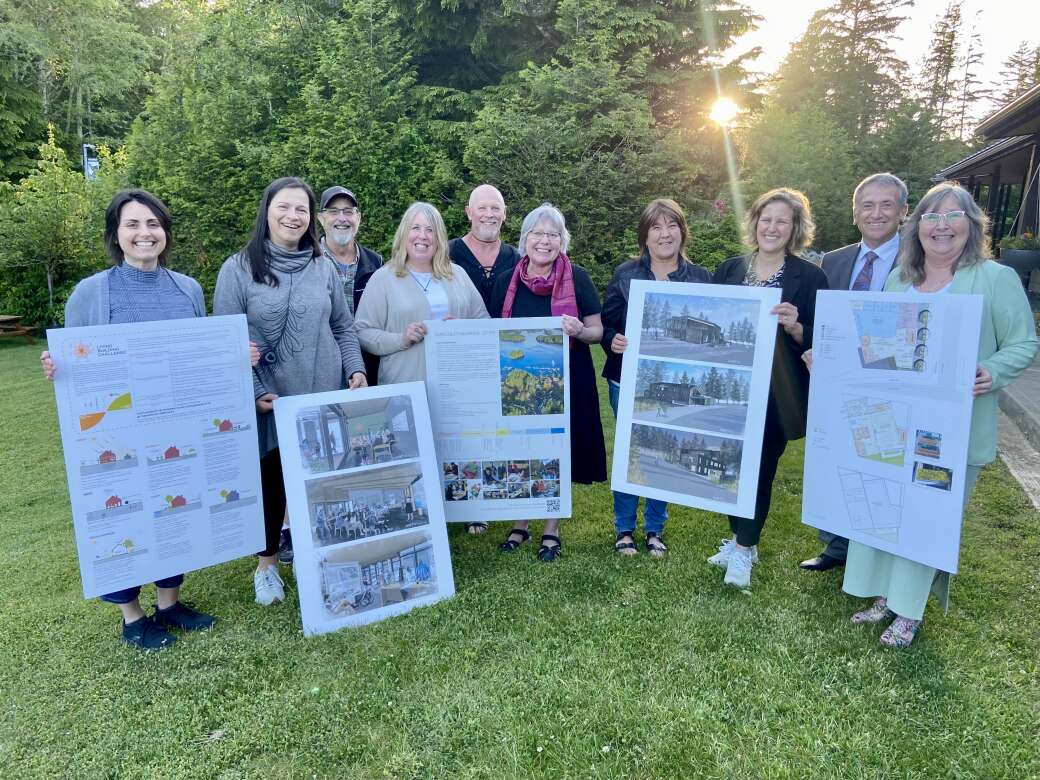
Youth
In the Clayoquot Sound Biosphere Centre, youth will gain the necessary skills and capacity to positively impact both their lives and the lives of others while contributing to community change and sustainability.
We believe that youth are the future of Clayoquot Sound and the Biosphere. Children who grow up here often choose to live and work here as adults. They will become the leaders and decision-makers determining the path of environmental stewardship, sustainable development, quality of life and culture. The Centre will nurture and invest in youth, providing the resources they need to become empowered through vital youth programming.
